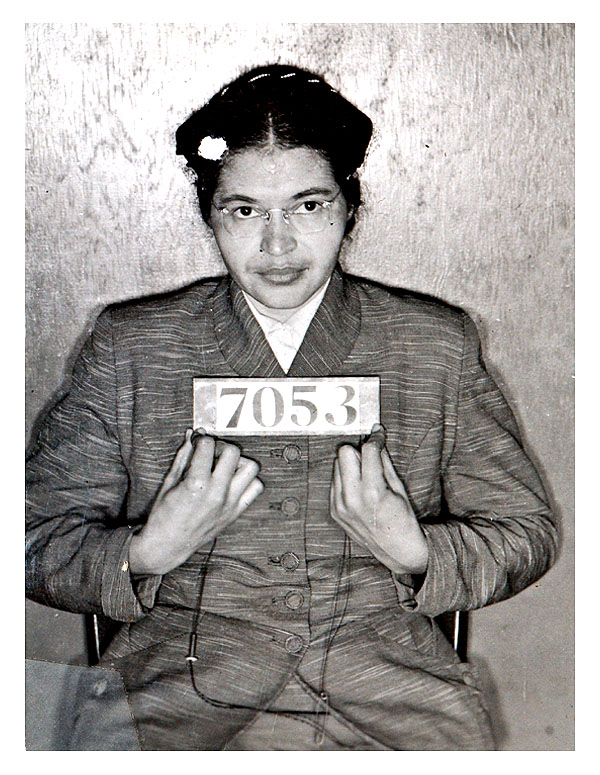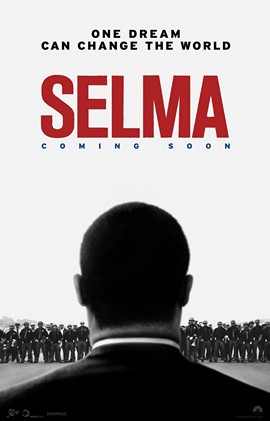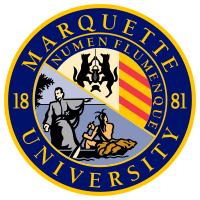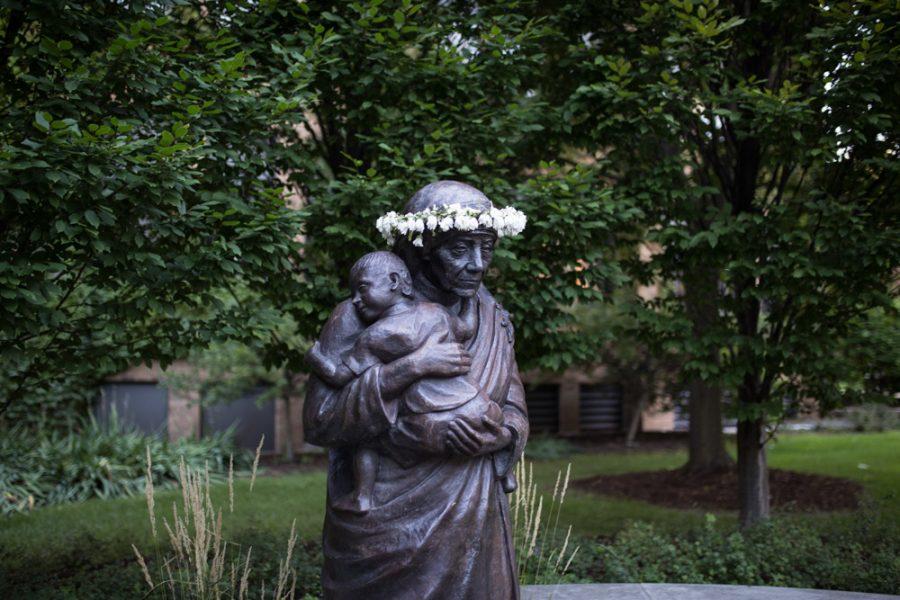 The network of networks that brought you timeless timewasters like Perez Hilton, Texts From Last Night and YouTube may soon be in the same company as Desmond Tutu, Mother Teresa and Martin Luther King Jr.
The network of networks that brought you timeless timewasters like Perez Hilton, Texts From Last Night and YouTube may soon be in the same company as Desmond Tutu, Mother Teresa and Martin Luther King Jr.
Yes, there’s a movement afoot to nominate the Internet for a Nobel Peace Prize.
Internet for Peace is the name of the campaign launched by Wired Magazine to nominate the “series of tubes” for the 2010 Peace Prize. The leaders behind the charge make valid points, highlighting the Internet as an outlet for the oppressed and formerly voiceless.
Forget for a second the obvious irony: “Peace”? No development in recent memory has sparked so much hatred. Nameless, faceless web surfers spew more vitriol on message boards and comment spaces in a second than at a thousand Midwestern Tea Parties. Forget also the weirdness of bestowing this honor on, basically, space.
The Internet is a wonderful thing. Since I got a net-accessible cell phone, I’m a pseudo-expert on everything. Who won the Stanley Cup in 1977, you ask? Give me a second … Montreal.
And its greatness extends much further than running the show at Annex trivia nights, where (perhaps illegally) I can have the answer to any question in seconds, just a couple screen-taps away. It largely facilitated the millions of relief dollars donated to Haiti and Chile. It provides a global common ground, bringing people together who otherwise might never stand on the same continent.
“(The Internet) gave all of us the chance to take back the power from governments and multinationals,” said David Rowan, Wired’s British editor-in-chief, in a Wired article. “It made the world a totally transparent place.”
That transparency was on global display during and after the recent Iranian elections.
“The Internet can be considered the first weapon of mass construction, which we can deploy to destroy hate and conflict and to propagate peace and democracy,” said Riccardo Luna, editor-in-chief of Wired’s Italian edition, in a Wired article. “What happened in Iran after the latest election, and the role the Web played in spreading information that would otherwise have been censored, are only the newest examples of how the internet can become a weapon of global hope.”
The idea behind the campaign is in the right place. But the decision to try to give the Peace Prize to the Internet itself is misguided.
The idea that the Internet, instead of a person, deserves this award is ill-conceived.
Minnesota Twins catcher Joe Mauer’s bat and catcher’s equipment didn’t win the American League MVP last season. A writer’s laptop doesn’t receive the Pulitzer. These are tools. The person who uses the tools deserves the praise. For whatever good the Internet provides, human beings are pulling the strings.
If the Internet somehow does win the award, who gets the hardware? Who gets the estimated $1.5 million in prize money? Will it be split amongst the billions of users? Does Al Gore deliver the acceptance speech?
Nelson Mandela won the award in 1993 for his “work for the peaceful termination of South Africa’s apartheid regime and for laying the foundations for a new democratic South Africa,” according to the Nobel Foundation.
That’s a good reason. That’s a deserved award. The Nobel Foundation shouldn’t waver from its mostly stellar track record of giving its award to those who truly deserve it. The inanimate Internet doesn’t fit.
It’s ridiculous for the Internet to even be considered for the Nobel. It’s a prestigious award, and a real-life person who actually contributes to humanity by promoting peace deserves to be honored. Not a bunch of cyberspace. But whatever the case, if the Internet brings it home in 2010, would it really be any more ludicrous than last year’s?






